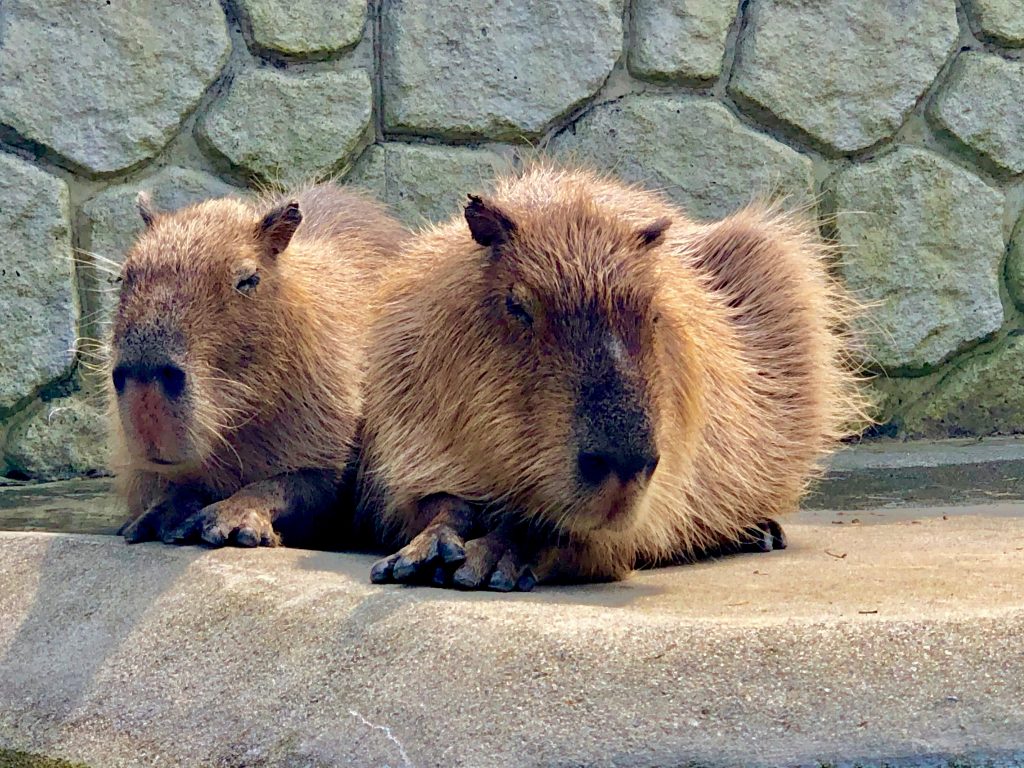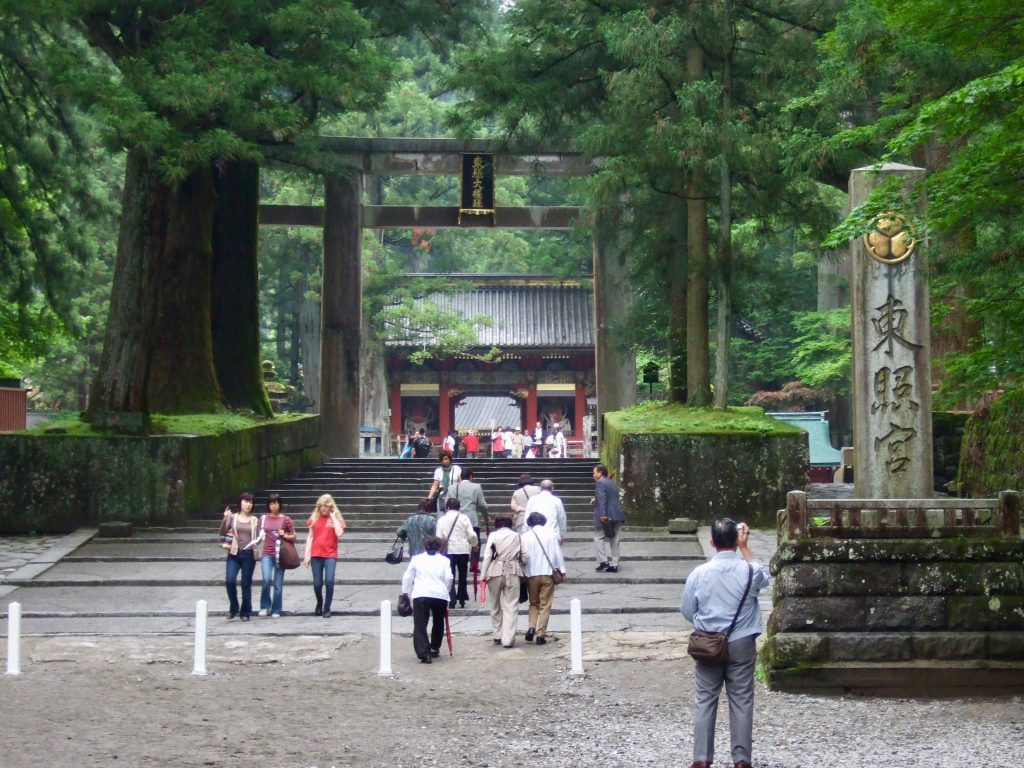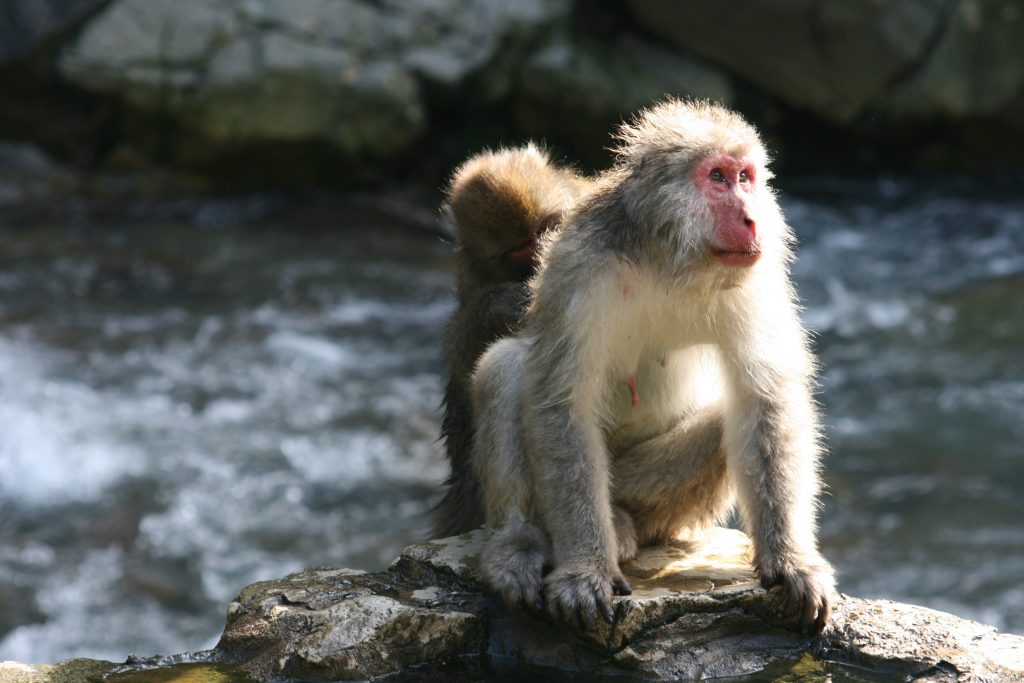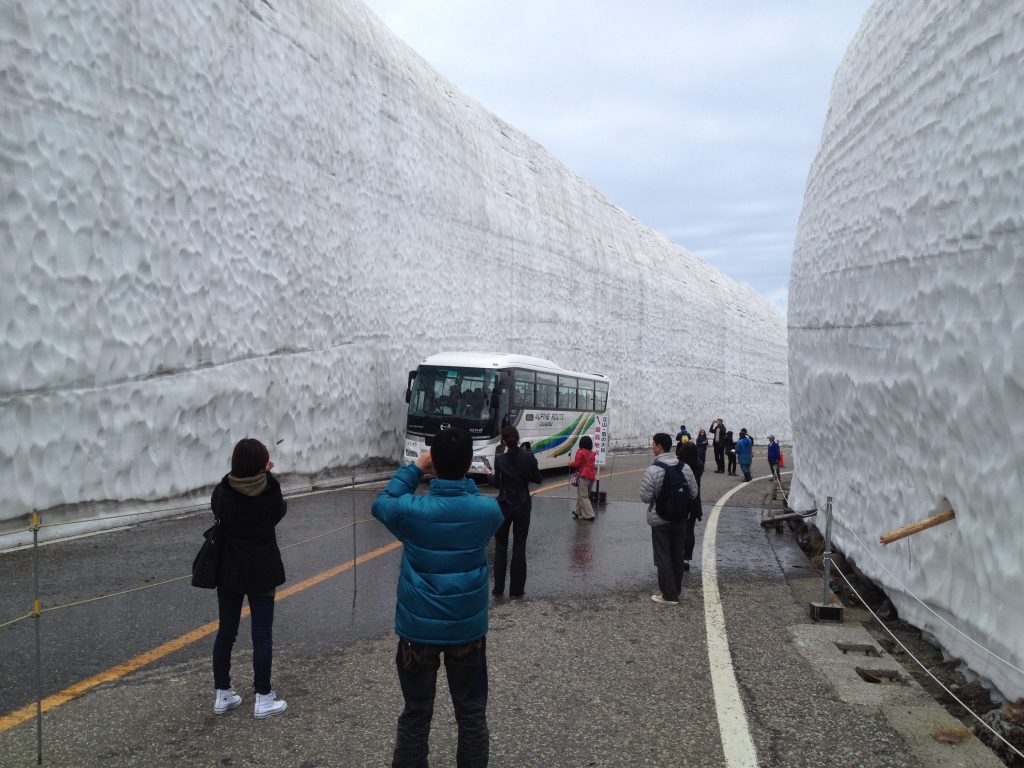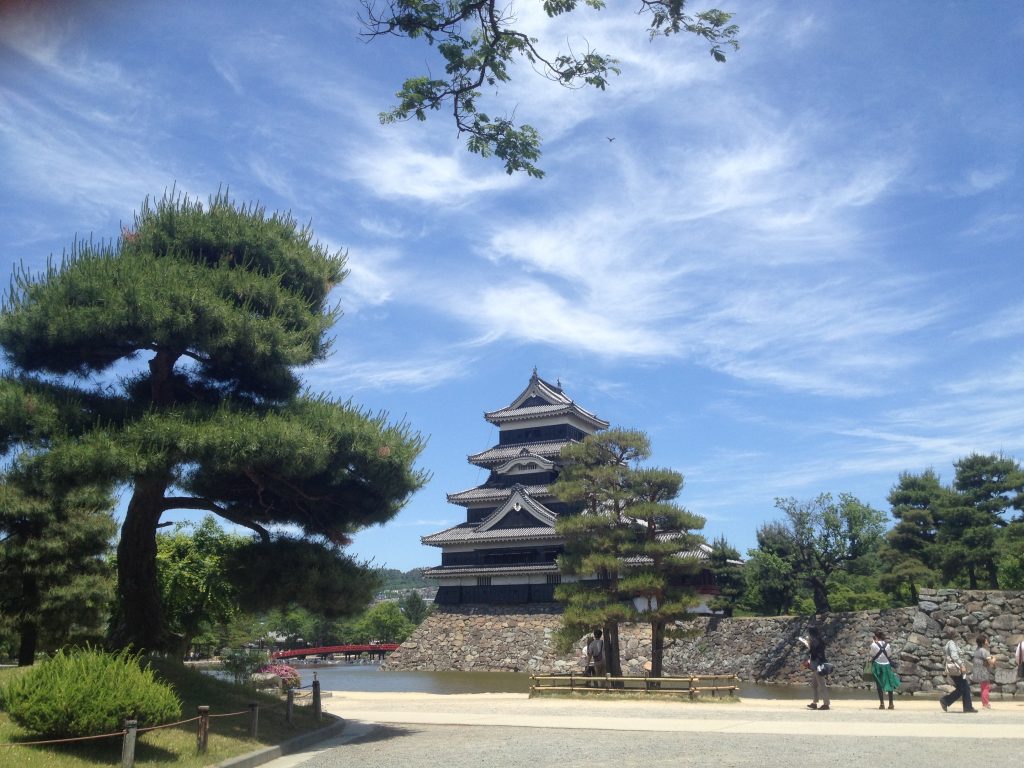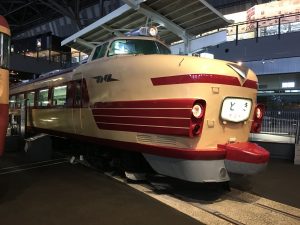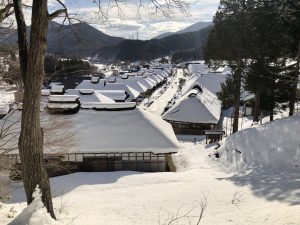Takayama Town
Beppu is considered one of the hot spring capitals of Japan, with the entire town’s identity based on the numerous public baths, hot spring hotels and resorts, and the volcanic pools called the 7 Hells. If in Kyushu, staying at a hot spring in Beppu is a must.
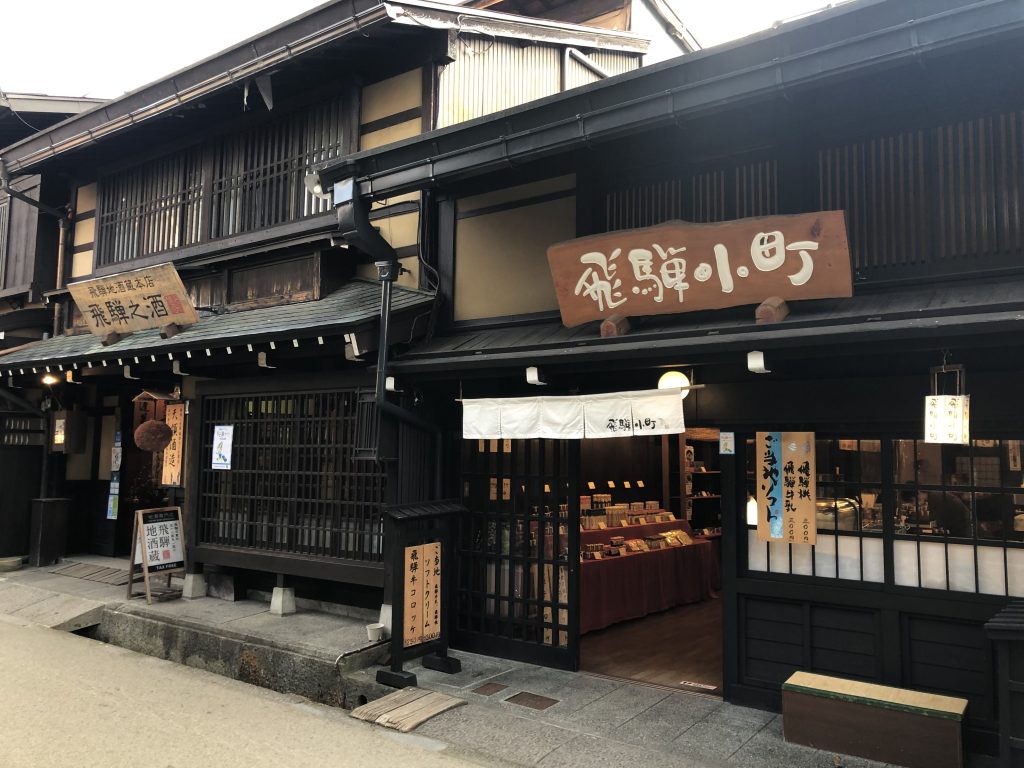
| The Good | The Not-So Good |
| Charming mountain town | Better options |
| Very out of the way | A bit touristy |
Access to Takayama Town
Access is from the south by train from Nagoya Station or from the north from Toyama City. It is close to Gero Hot Springs, a famous resort.
The easiest way to get to Takayama Town is by train. There are regular trains from Toyama City to the north and Nagoya City to the south. If you plan to do the Alpine Route from Toyama to Matsumoto City then via Takayama and Gero Hot Springs would be a contrasting trip and could be anywhere from 3-5 days.
Timeline Heading 1
This is timeline description. Please click here to change this description.
Timeline Heading 2
This is timeline description. Please click here to change this description.
Timeline Heading 3
This is timeline description. Please click here to change this description.
Timeline Heading 4
This is timeline description. Please click here to change this description.
Timeline Heading 5
This is timeline description. Please click here to change this description.
Tokyo -> Nagoya -> Gero -> Takayama -> Toyama -> Alpine route -> Matsumoto -> Tokyo
What to do in Takayama Town?
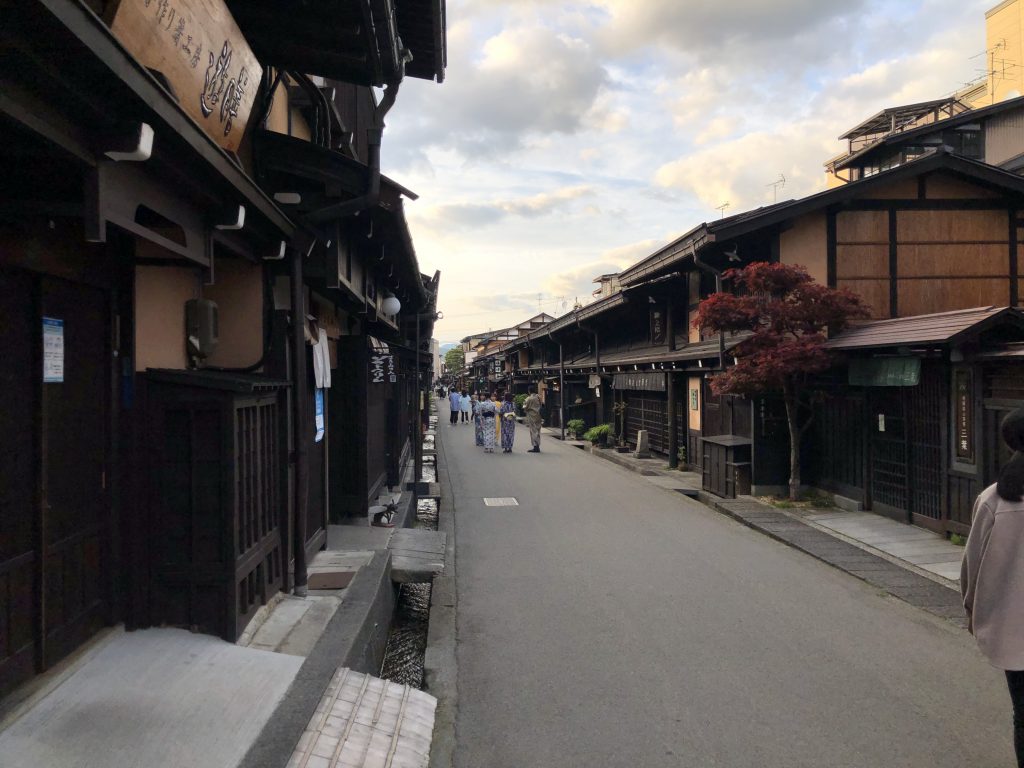
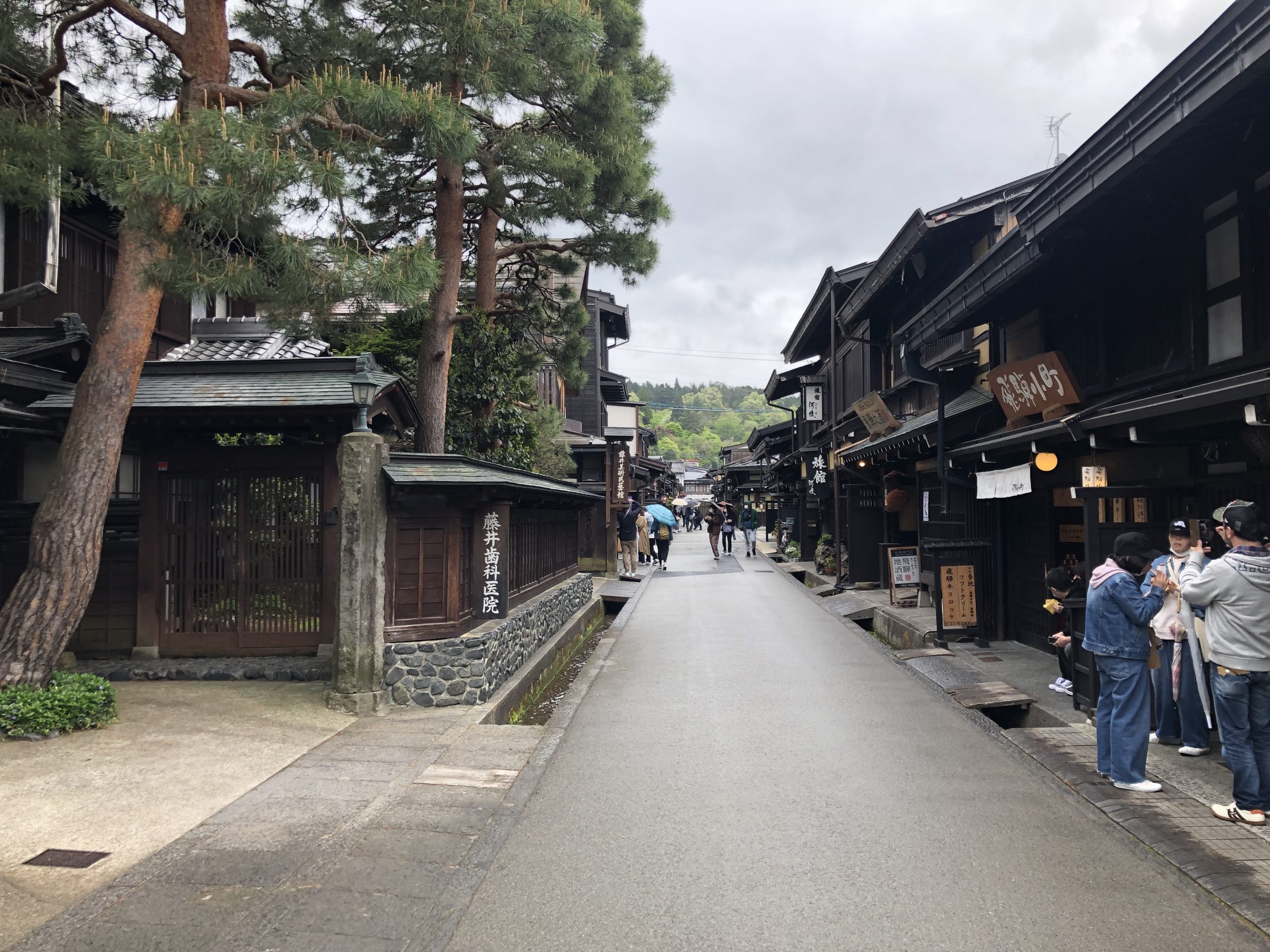
Takayama Town is famous for its historical district, which is a series of lanes lined with original housing from the Edo period. There are numerous Kimono rental places and you will see many Japanese and tourists walking around in the traditional dress. Most attractions are within walking distance of each other. A recommendation is the excellent Showa-kan Museum, which shows you recreations of post-war Japanese life. There are a number of these museums throughout Japan and the Takayama one is fairly high up the ranks (although if you’ve been to one you’ve been to them all).
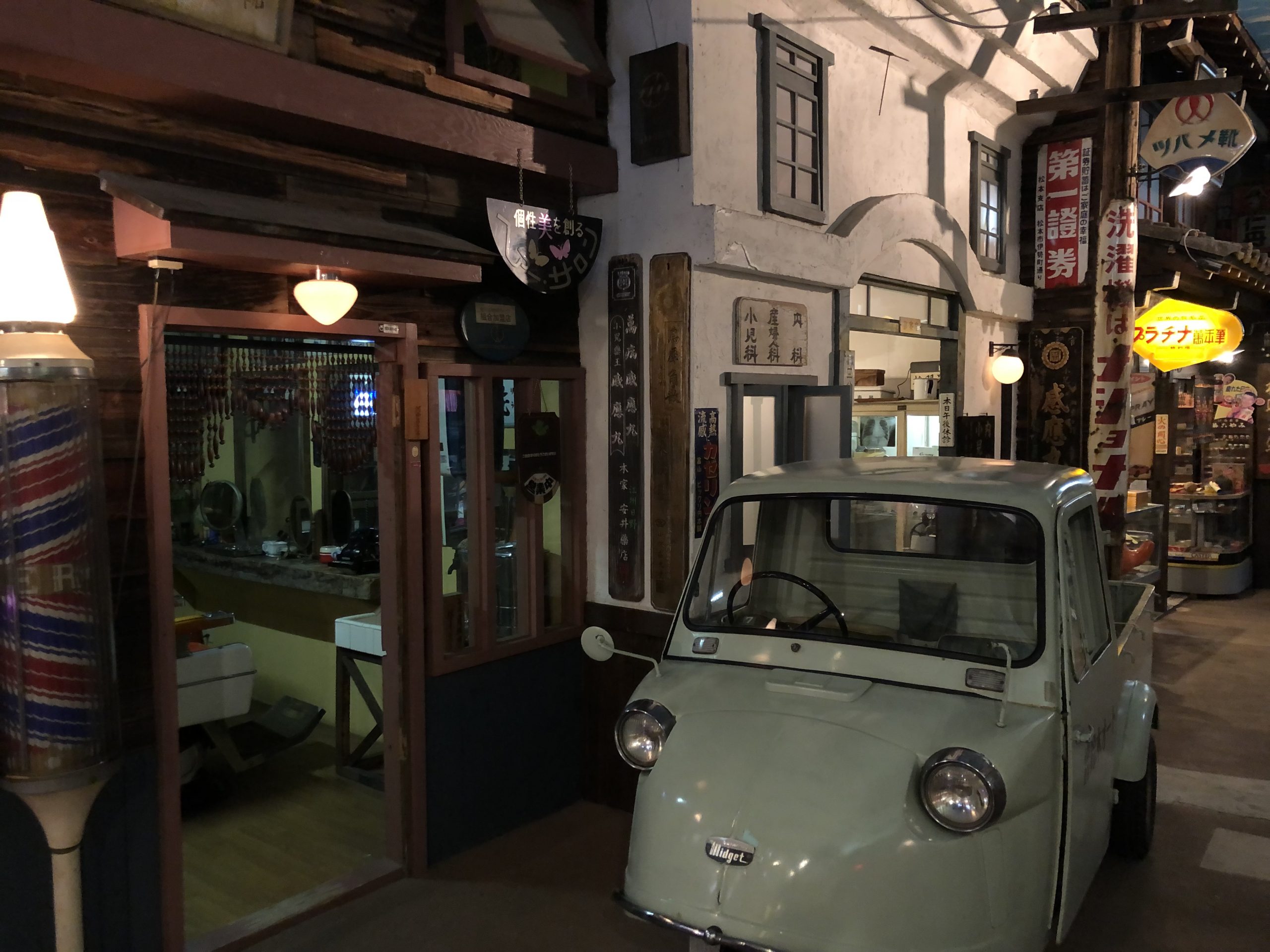
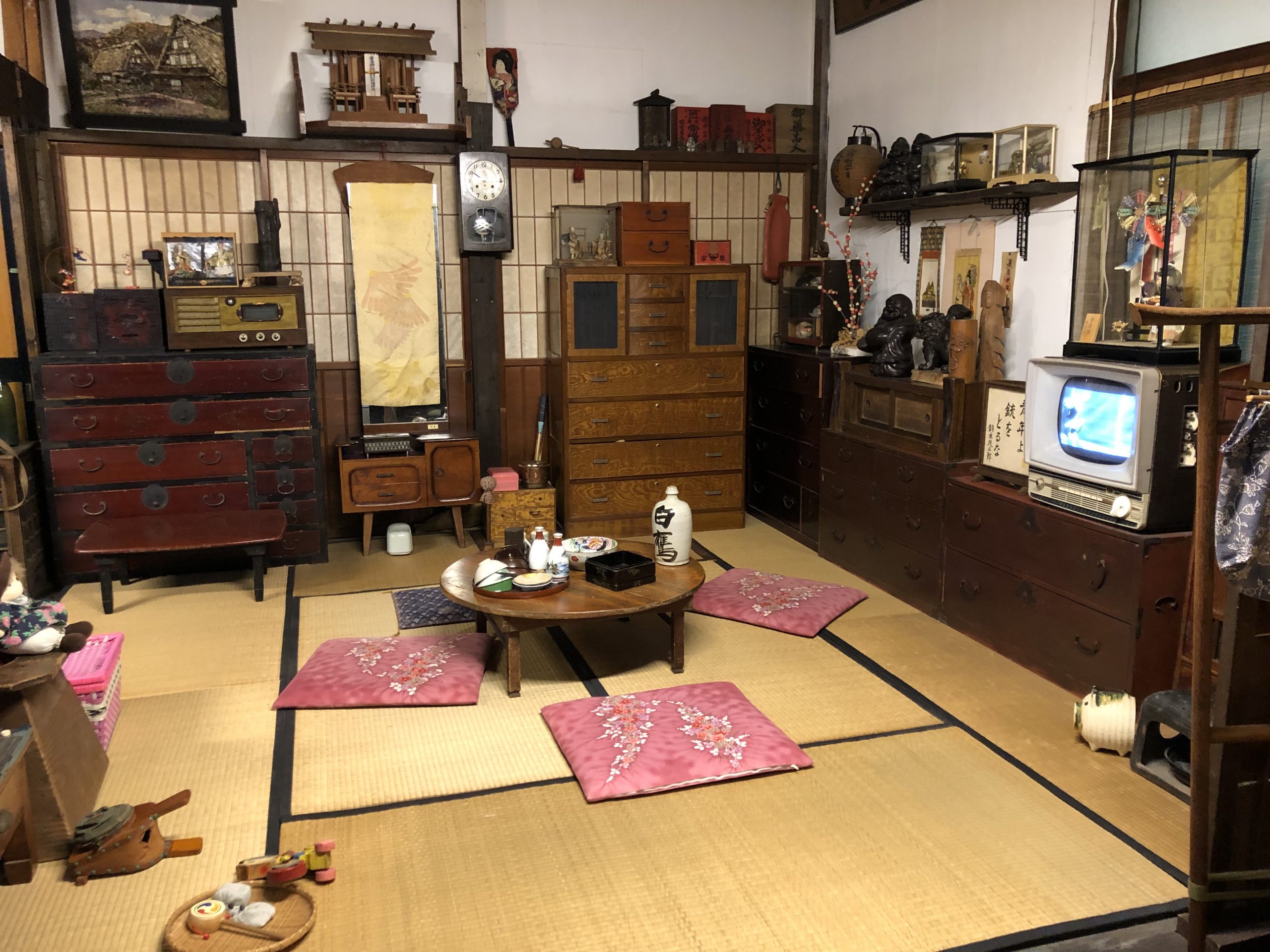
A few minutes bus ride from the station is the ancient village. https://www.hida.jp/english/touristattractions/takayamacity/historyandculture/4000154.html
There is also what is called a “morning market”, which mostly sells local trinkets and food, both of which a tourist may not be inclined to purchase.
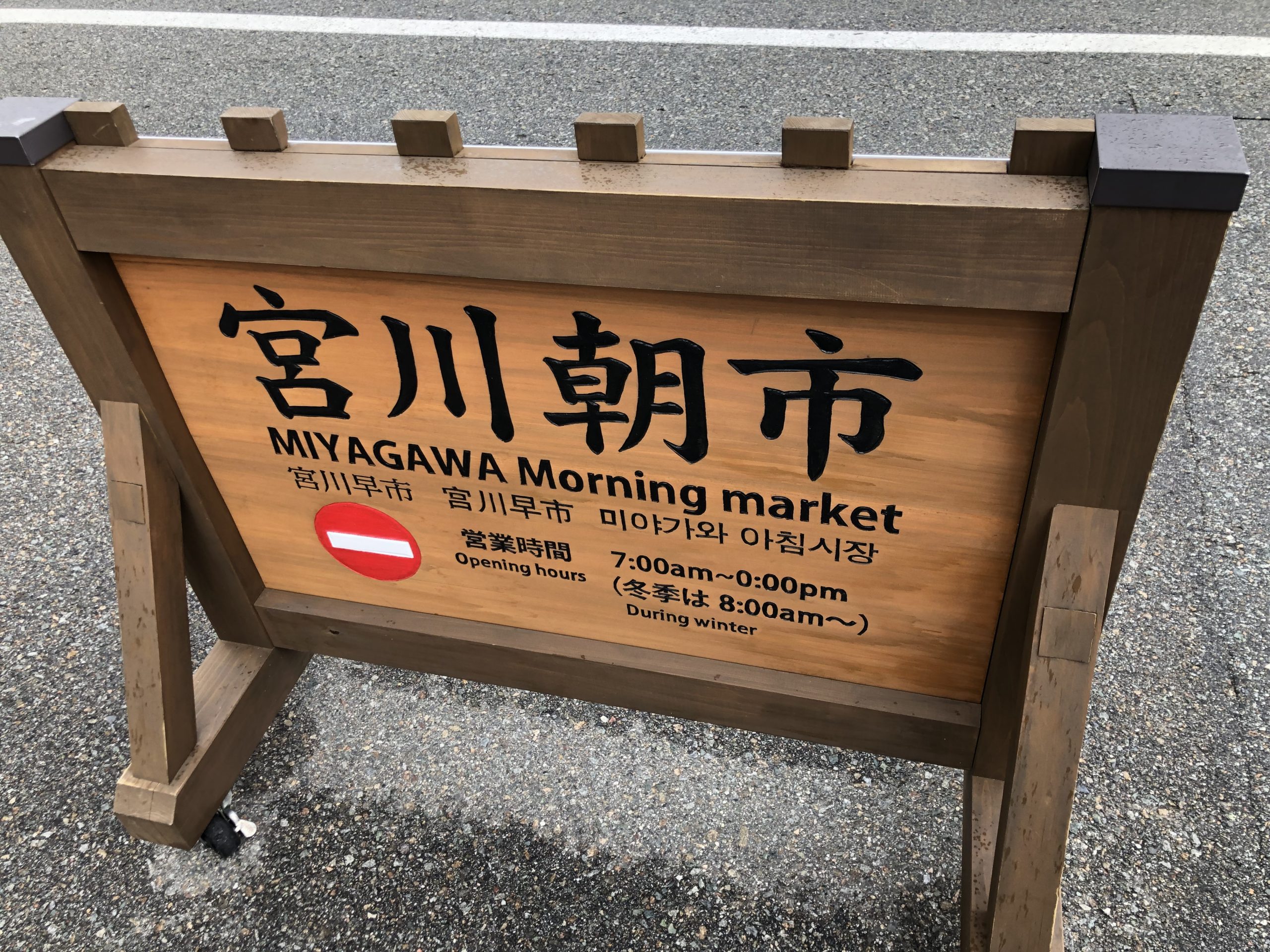
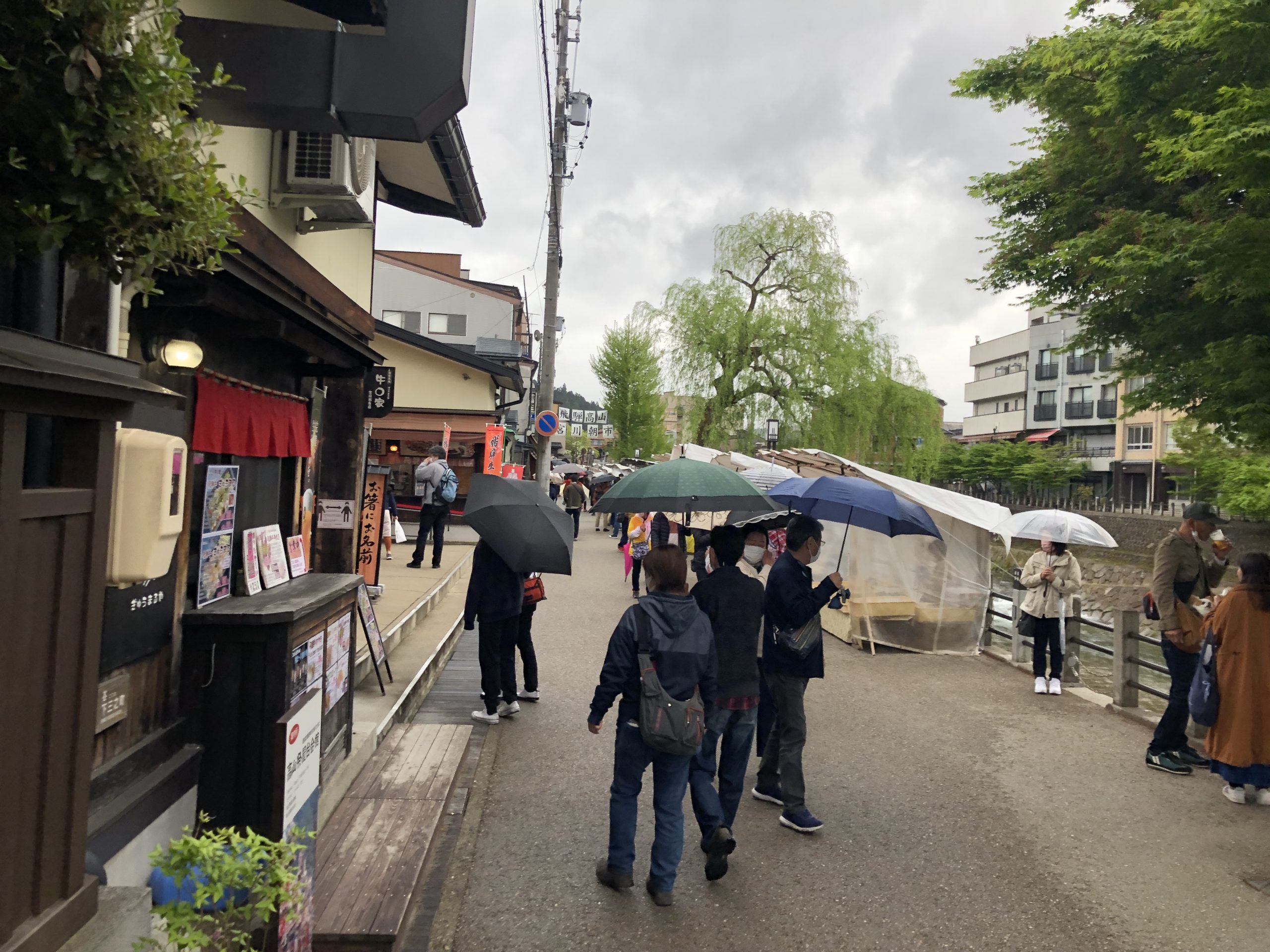
The local area is known for its “Hida beef”, although you can eat that anywhere. The town is fairly large and tourist focused so there are plenty of places to eat and drink until late evening, unlike small hot spring towns which will close down shortly after dinner. For those looking for temples and museums, there are plenty.
Places close to Takayama Town
Takayama Town
Nasu Animal Kingdom
A highly interactive zoo with open exhibits where animals interact with each other. Very family friendly although quite difficult to get to.When JapanTweet The GoodThe Not-So GoodOpen exhibitsBirds of Prey in cagesVery family friendlyNo train access Nasu Animal Kingdom is more of a local tourist attraction that a place for…
Nikko
Nikko is a popular tourist focused town near Utsunomiya that is famous for its World-Heritage shrines and temples that dot the small town. It is a convenient 2 hour trip from Tokyo and the local area had a number of hiking routes, natural attractions and hot springs to enjoy.When JapanTweet…
Nagano Snow Monkeys
You may have heard of the famous Nagano Snow monkeys, who laze about in a natural hot spring in order to survive the winter snow. If you haven’t, then a visit to Hell Valley to see them is recommended regardless of the season. Although obviously the famous pictures are taken…
Snow Valley
ToyamaSnow ValleyMount TateyamaKurobe DamMatsumoto Castle The Yuki-Tani (Snow Valley) is a man-made valley dug out of the snow along part of the Japan Alps route from Toyama to Matsumoto (this is the start and end points that “When Japan” recommends). The GoodThe Not-So GoodA unique experienceIt is technically artificialIncluded in…
Matsumoto Castle
Matsumoto Castle is one of 12 original castles in Japan that hasn’t been burnt down and rebuild in the last 100 years, or the inside turned into a modern museum with an ugly elevator glued to the side like a barnacle. “When Japan” recommends visiting at the end of a…
